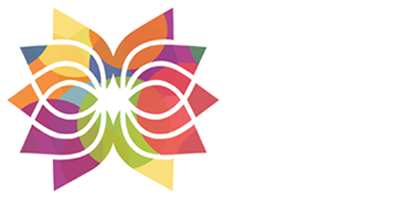The New Skills and the Legal Market

This article was originally published in Portuguese, and can be found here!
Now, please find the English version of this article, below.
New Skills and the Legal Market
(Photo by Tom Parkes on Unsplash)
The year? 2020. We are living in a crucial moment for the future development of leaders from the various niche markets and the influence on the education of leadership mentalities. In particular, in this article I discuss the legal market and the skills necessary for the sustainable evolution of its professionals and the industry as a whole.
It is worth mentioning that I was recently co-author of the ebook “Bio Leadership Guide” aimed at the international market. It precisely addresses the importance of seeing – in practice – the need for a more collaborative market in the current reality in which we all live in, and within a social-efficient management mindset, focusing on sustainable business and smart leadership, with the help of the so-called soft skills, that altogether lead us to the growing success not only of our businesses, but of our lives in general.
There are peculiarities within a given profession (or market) that we need to take into account. Here, especially when it comes to collaboration between legal professionals and the development of an intelligent mindset, with a focus on emotional and relational intelligence, all this coupled with an excellent provision of legal services focused on customer value, we must ask ourselves – what we need to focus, in fact – on pushing forward.
In the recent Forbes article “Skills and education for legal professionals in the 2020” author Mark Cohen presents us with his lucid – and thought-provoking – lines on the topic of new skills in the legal market:
“For most lawyers, legal knowledge will become a skill, not a practice, during this decade. The practice of law, long defined broadly and exclusively by lawyers, is now largely a consumer-driven determination—especially in the corporate market segment. Practice activities are shrinking and the business of delivering legal services is expanding. Some reasons include: client need for multi-disciplinary, data-driven, holistic risk analysis requiring other professional skills and competencies; automation; the “productization” of legal services; the rise of legal operations; and, in some jurisdictions, re-regulation.
The distinction between legal practice and the business of delivering legal services is more than a semantical one. It involves different skill sets and mindsets that impact legal education and training. In the UK, for example, the list of “reserved services” requiring licensed attorneys has been pared down to six categories. Effective 2021, candidates sitting for the Solicitors Qualifying Exam (SQE), are no longer required to attend law school.”
How do you face this reality? Disruptive and / or necessary and comprehensive? Acting in the global market with law professionals and being one, I understand the frustrations, but I always like to remember that the set of soft skills have long been an integral part of our lawyer-to-lawyer training, here at Brain U Coaching.
In other words, we lawyers need and should be lighter, better understanding the applicability of technology in clients’ businesses, practicing cognitive empathy combined with legal delivery. The time is now for lawyers to understand that collaborative activity is part of the game, and makes adaptability more important than ever, because as Cohen emphasizes in the article mentioned above: “[…] the law is not more about lawyers; it’s about customers”.
Are you ready for this new market reality? Remember that this reading was the first step (acquiring knowledge), in order to then move up to the next step (self-knowledge) within a leadership coaching process, so that mapping your strengths, growth, values and needs, we can – together – develop your skills and push forward, planning and taking action, so that you also can become a new professional of tomorrow, beginning today.
By Fernanda Cristina Alem Freitas (Fernanda Alem).




